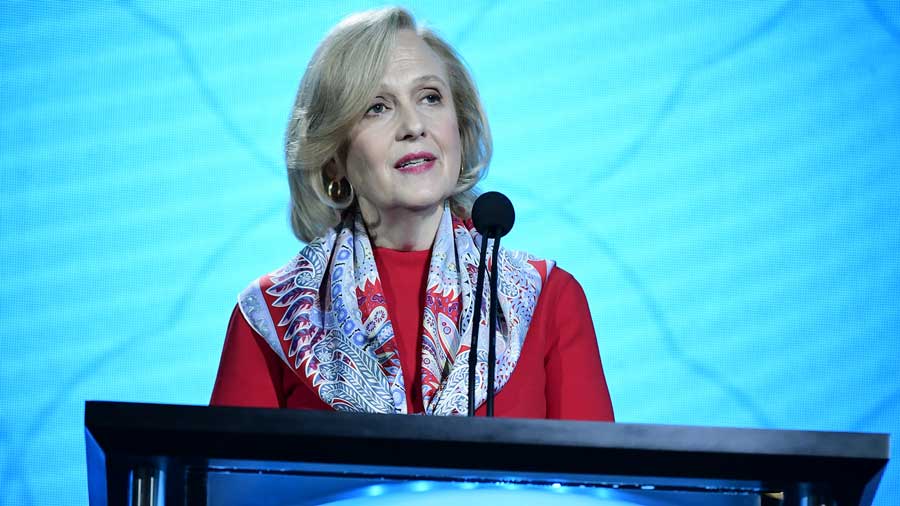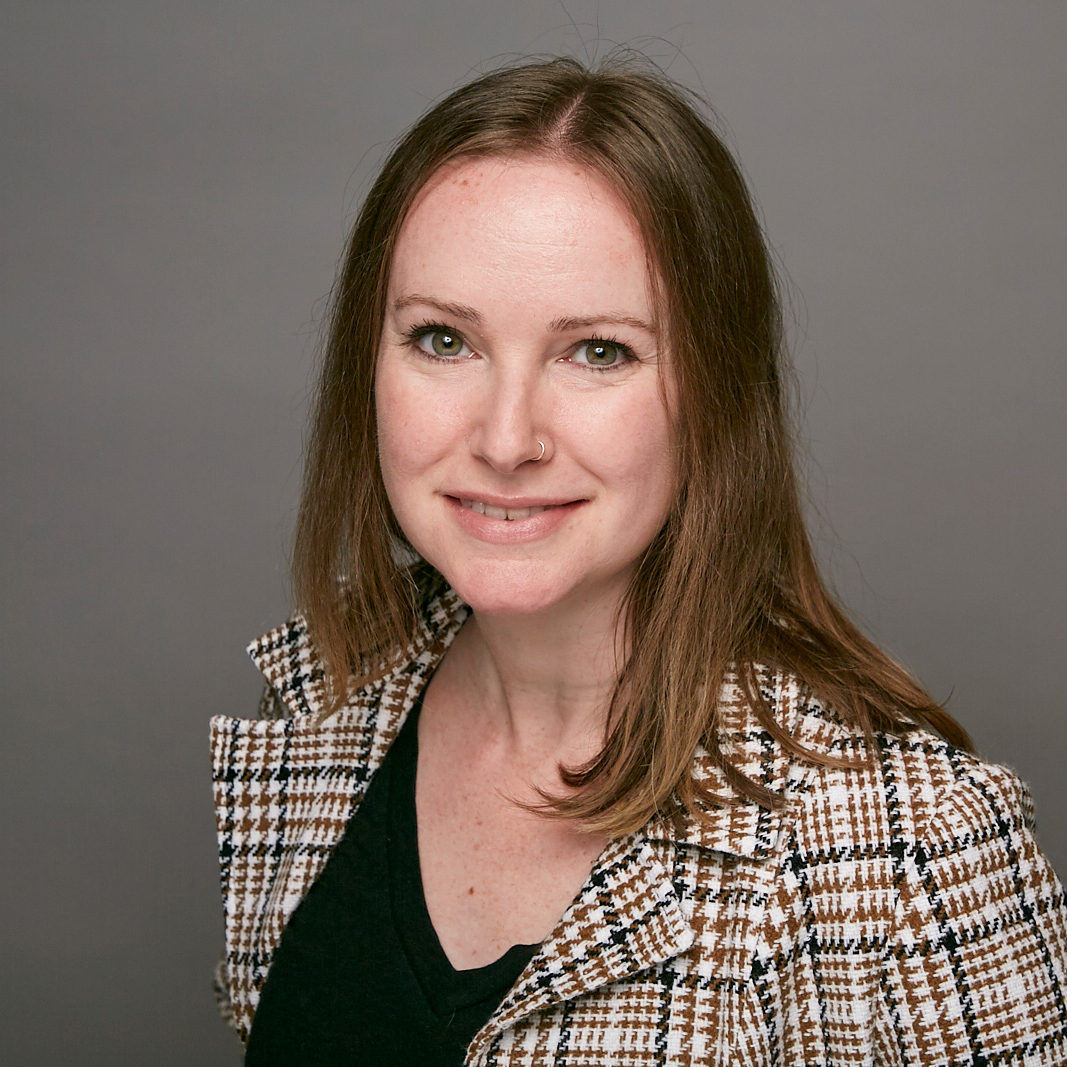TCA 2018: PBS’ Kerger Talks Charlie Rose, Tavis Smiley and #MeToo

The smarter way to stay on top of broadcasting and cable industry. Sign up below
You are now subscribed
Your newsletter sign-up was successful
Pasadena, Calif. — PBS President and CEO Paula Kerger addressed the misconduct allegations surrounding Charlie Rose and Tavis Smiley and how PBS handled the situations.
“When we are aware of issues, we move quickly as we did with Charlie Rose, as we did when we had the complaint about Tavis Smiley,” said Kerger Tuesday during the network’s 2018 TCA winter press tour executive session.
Kerger went on to explain that each situation is different and as such was handled differently. Rose’s program was produced by an independent company and brought to PBS. PBS, said Kerger, didn’t find out about the allegations until The Washington Post came to the broadcaster with a series of questions. In terms of Smiley, PBS was contacted directly and as a result the broadcaster had to do its own investigation.
Read More: Complete Coverage 2018 TCA Winter Press Tour
“Even though we are a federated system…that does not absolve us from the responsibility of trying to ensure that we are supporting a culture where people are valued and respected,” said Kerger. “And so within PBS we obviously have had very clear policies.”
She cited sexual harassment training that every employee is required to go through as well as a whistleblower hotline.
“We encourage people to come forward,” she said.
PBS is extending the conversation around sexual misconduct and the #MeToo movement to its network with the five-part series #MeToo, Now What?, which premieres on Feb. 2.
“It’s a much bigger problem that crosses every economic level and every industry and there isn’t a place that I have seen yet to at least begin a conversation,” said Kerger. “I’m not suggesting that a five-part series on public broadcasting is going to solve a problem. But I think if we can begin talking to one another and begin to do that in real time as the story is unfolding, then I think we will do a great service.”
Kerger added that she sees real change coming through discussion.
The exec also addressed PBS’s funding. There are currently two versions of the funding bill: a House version and a Senate version. The only difference, she said, is that the Senate version includes money for PBS’ interconnection build while the House version does not. She said the overall appropriation, which largely goes to the stations, is included in both versions.
“I think that that money will be pretty secure,” she said of the appropriation money.
But with the upcoming midterm elections, she acknowledged, things could change. That’s where the constituents come in.
“I think it’s really important for legislators to see that the work that we’re doing is valued at the local level,” she said. “And the best people to make that case are frankly people in local communities.”
Other highlights from the session included:
—Kerger talked about Christiane Amanpour’s role at PBS. Amanpour currently has a show that airs in the slot vacated by Rose. “I’m just really happy to have her on and if it evolves into something of which becomes a full role with her, that’s great. And if we have an opportunity to bring some other voices forward that’s great, too.”
—Drama has been a bit of a struggle for PBS with the end of Downton Abbey. “I think to look for the next Downton Abbey as just a goal is a mistake,” said Kerger. “Because I think that Downton Abbey was Downton Abbey. Little Women is Little Women. But I think [we want] to find really wonderful, amazing stories.”
The smarter way to stay on top of broadcasting and cable industry. Sign up below
Jessika is an analyst for TVREV and Fabric Media. She previously served in various roles at Broadcasting + Cable, Multichannel News and NextTV, working with the brands since 2013. A graduate of USC Annenberg, Jessika has edited and reported on a variety of subjects in the media and entertainment space, including profiles on industry leaders and breaking news.

